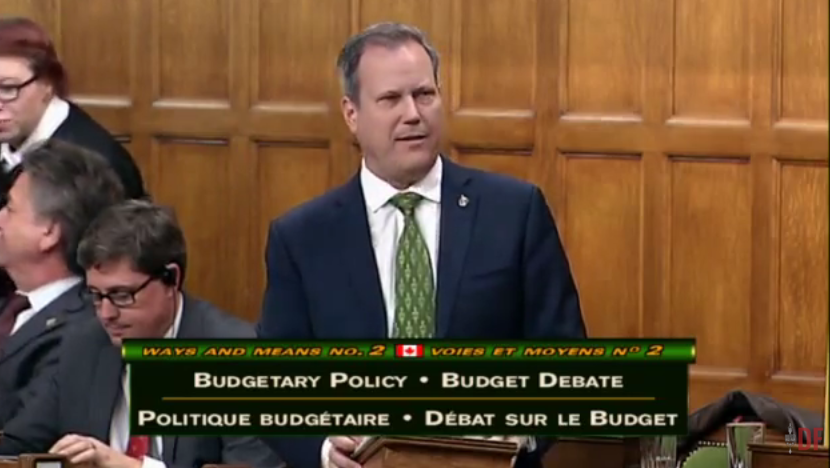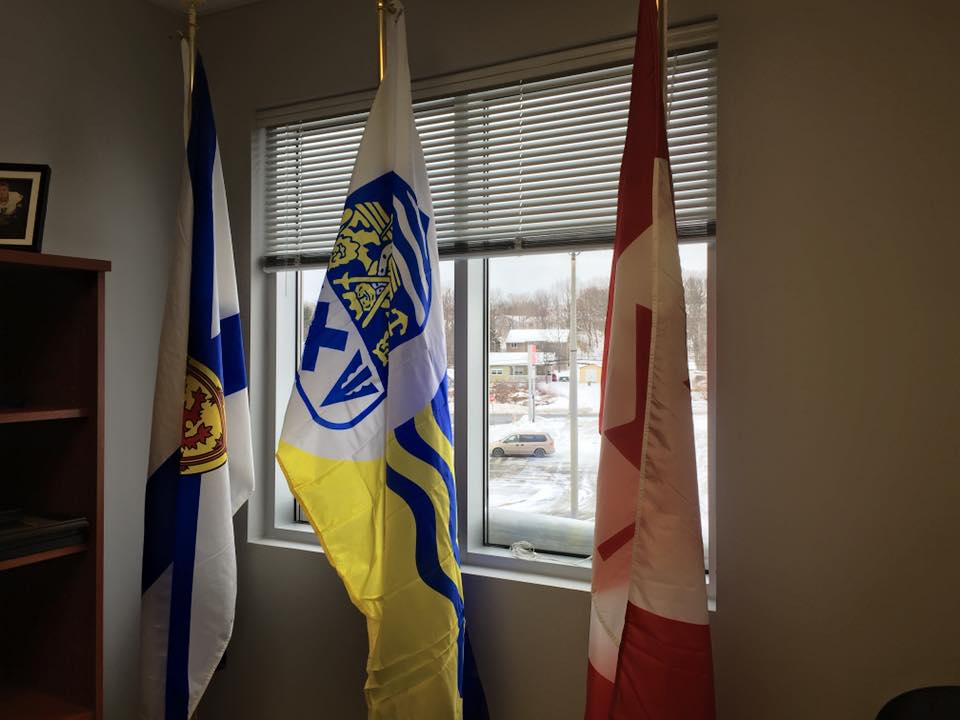A BIT ABOUT WHAT WE DO
This text is borrowed from the Library of Parliament website. We think it is an excellent explanation!
The Role of a Member of Parliament
A Member’s job is as varied as the many regions of Canada and the people who live here. To understand their role, it helps to look at the different places where Members work.
In the Chamber
 Television and the Internet bring the Commons Chamber into homes and schools across the country. This is where Members help to make Canada’s laws by debating and voting on bills. The Chamber is also a place where MPs can put local, regional or national issues in the spotlight. They represent their constituents’ views by presenting petitions, making statements and asking questions in the House.
Television and the Internet bring the Commons Chamber into homes and schools across the country. This is where Members help to make Canada’s laws by debating and voting on bills. The Chamber is also a place where MPs can put local, regional or national issues in the spotlight. They represent their constituents’ views by presenting petitions, making statements and asking questions in the House.
With such a high profile, it is easy to think that Members do most of their work in the Chamber. Actually, Members spend a great deal of the working day — and many evenings — in committee rooms, at meetings and at constituency gatherings.
In Committee
Committee work is an important part of a Member’s job and the law-making process. Members can look at bills in greater depth than is possible in the Chamber, where there is a large group of people involved and a full timetable. In committee, Members also study important issues such as finance and health, and the spending plans of federal departments. With the range of committees and sub-committees that operate, Members may sit on more than one. Committees meet regularly and often sit for long hours. They frequently consult with the public, and sometimes travel across the country to do so.
In Caucus
Activities in the Chamber do not start until 2 p.m. on Wednesdays so that Members can attend party caucus meetings. At these meetings, Senators and Members of Parliament from the same party determine policies and parliamentary strategy. They ask questions of their leaders and explain the views of their constituents. MPs from the same area also discuss common issues at regional caucus meetings.
In the Office
 To meet their constituents’ needs, MPs have an office in Ottawa and one or more in their riding. Their offices are often the first stop for people who need help. Members act as “ombudsmen,” helping constituents with questions about visas, pension benefits, income tax — anything that is the business of the federal government. Members and their staff are good resources because they understand how federal departments are organized and where to find answers.
To meet their constituents’ needs, MPs have an office in Ottawa and one or more in their riding. Their offices are often the first stop for people who need help. Members act as “ombudsmen,” helping constituents with questions about visas, pension benefits, income tax — anything that is the business of the federal government. Members and their staff are good resources because they understand how federal departments are organized and where to find answers.
Aside from time in the Chamber and committee meetings, a typical day in the life of a Member of Parliament is filled with meetings, activities and other duties. Journalists call for an interview on a bill being studied by the Member’s committee. A visiting constituent wants to talk about a federal program. A meeting is scheduled with parliamentarians from another country. A constituent is in Ottawa to accept an award and extends an invitation to attend the ceremony. Time has to be set aside to prepare a speech to give in the House. Plus there are letters, phone messages and e-mails to answer. Fortunately, Members have dedicated staff to help them in their work.
They return to their ridings as often as possible. For many Members, the trip home covers several thousand kilometres. But being in the riding lets Members talk to constituents face to face and attend local activities. Opening a new business, speaking to a civic group, laying a wreath on Remembrance Day, attending a high school graduation — these are many of the events that Canadians invite their Members of Parliament to attend. The work of a Member of Parliament is demanding and varied, often a balancing act between public and private life.
